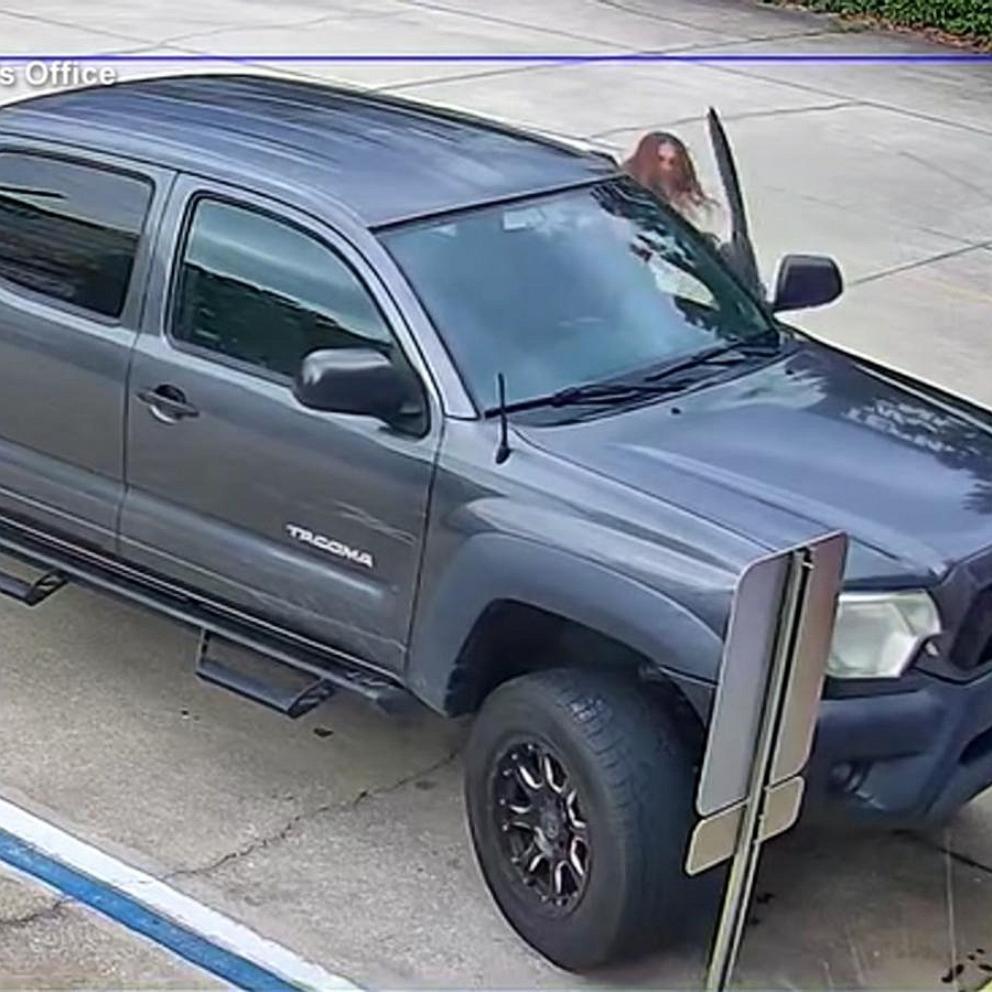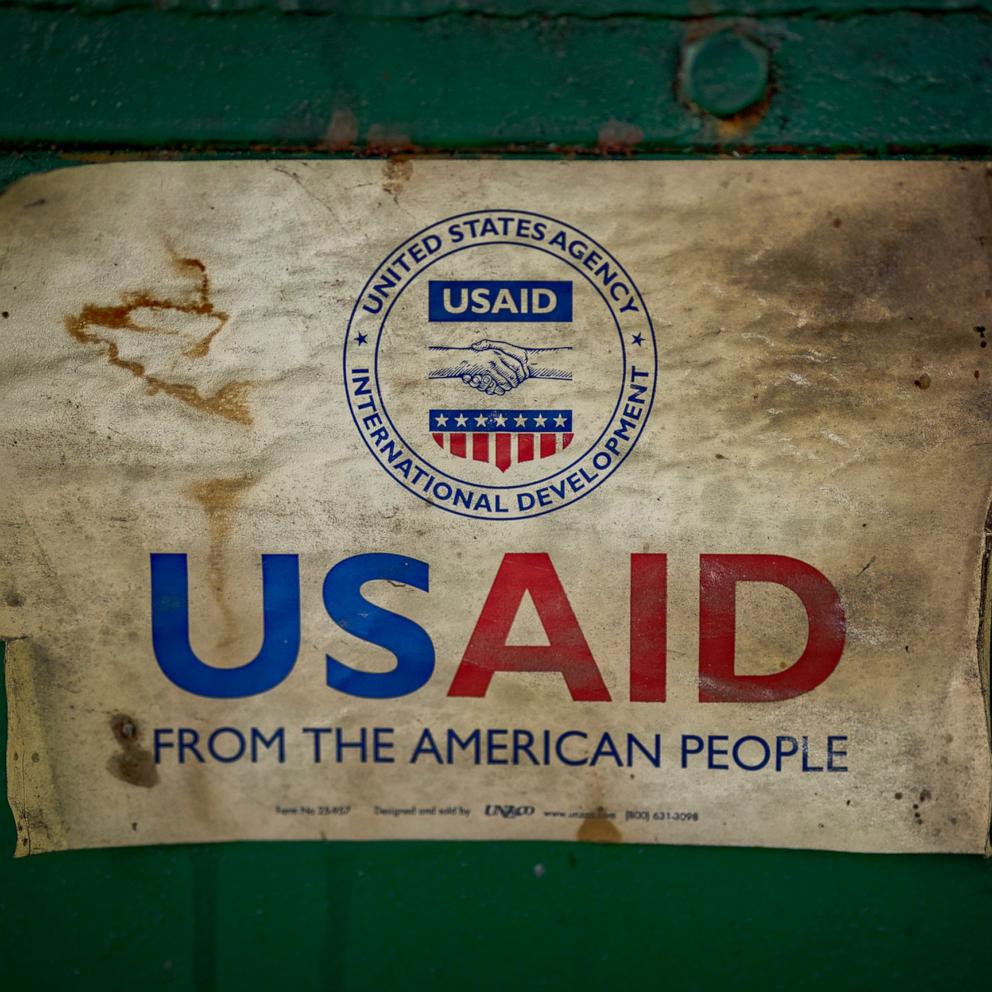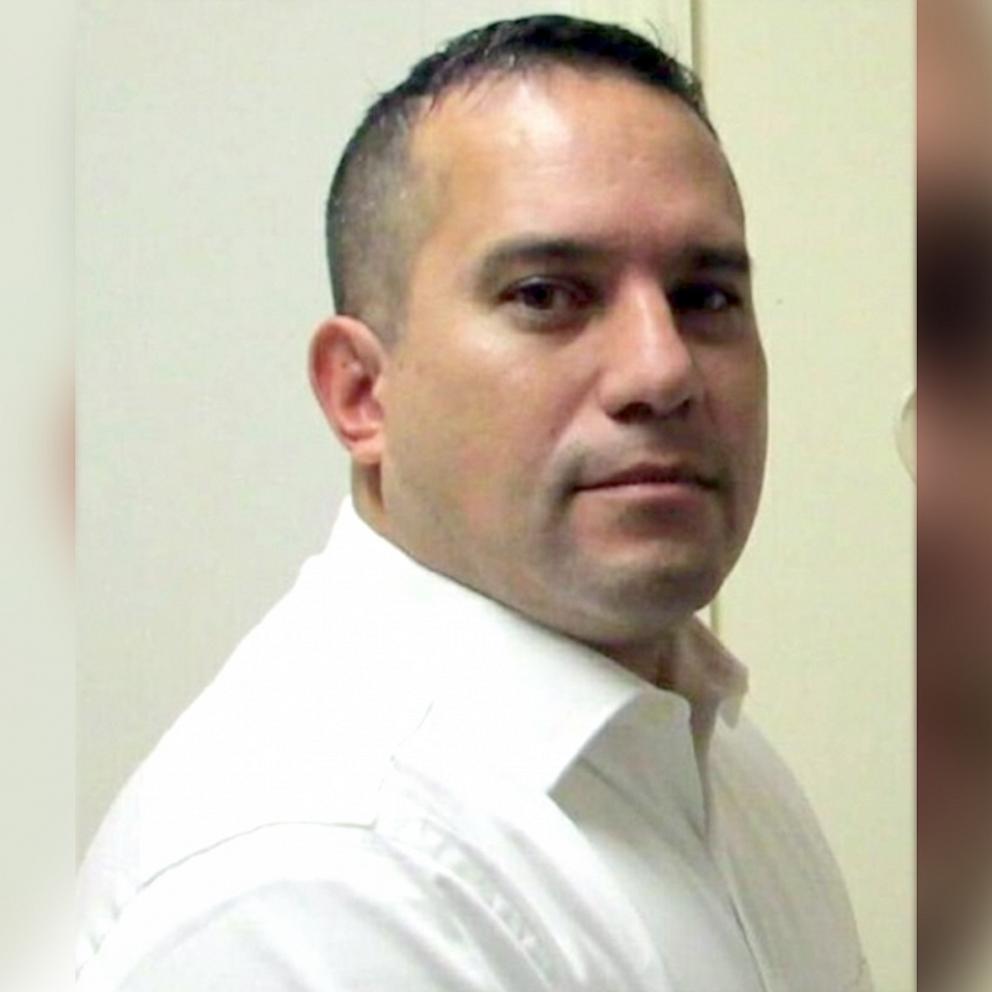What is the RICO Act and why is Sean Combs charged with violating it?
Following six weeks of testimony and two days of closing arguments, the jury in the Sean "Diddy' Combs trial began their deliberations Monday. Tuesday afternoon, the jury sent a note to Judge Arun Subramanian stating that while they'd reached verdicts on four of the five counts with which Combs is charged, they were unable to reach a verdict on the first count -- racketeering conspiracy -- prompting the judge to instruct them to continue deliberations.
In charging Combs with racketeering conspiracy to build their criminal case against him, federal prosecutors are employing the legal weapon once used to take down the country’s notorious organized crime families.
In a sweeping indictment that accuses Combs of violating the Racketeer Influenced and Corrupt Organizations Act, or RICO, prosecutors allege the same business empire that nearly made Combs a billionaire also enabled him to illegally coerce women into sex and conceal his illicit conduct to protect his reputation.
Combs has pleaded not guilty to every one of the five counts in the indictment: charges of racketeering conspiracy, sex trafficking and transportation to engage in prostitution. In dramatic fashion, his lawyers argued that Combs may well be a violent man – one who indulges in unconventional sexual conduct, abused illegal drugs and committed domestic violence – but he was not part of a broader criminal organization.
“This case is about those real-life relationships, and the government is trying to turn those relationships into a racketeering case,” Combs’ attorney, Teny Geragos, told jurors in her opening statement. “The evidence is going to show you a very flawed individual, but it will not show you a racketeer, a sex trafficker, or somebody transporting for prostitution.”
Long removed from the days of using RICO to break the back of the Mafia, federal prosecutors in recent years have used RICO to target a diverse array of criminals: the R&B singer R. Kelly, convicted for sexually exploiting children; NXIVM Leader Keith Raniere, for sex trafficking; and Bill Hwang, the founder of a multi-billion-dollar investment firm now in prison for manipulating the financial markets.
“While it's typically been used to apply to in the past, to mob and street gangs, it can just as easily be used to apply to a totally otherwise legitimate business,” Rachel Maimin, a former Manhattan federal prosecutor who led the largest gang prosecution in New York City history, said of the RICO statute. “These are sort of more innovative, creative, broader uses of racketeering than we've seen before.”

Statistics show that, in 2018-2022, federal prosecutors won convictions in more than 97% of the cases in which RICO was the most serious charge filed.
What does it take to prove Combs engaged in a criminal enterprise?
For the jury of eight men and four women to convict Combs of racketeering conspiracy, they need to decide beyond a reasonable doubt that Combs knowingly worked with others to commit at least two underlying crimes – so-called “predicate acts” – within 10 years of each other.
“The prosecution has to prove this organization was an enterprise run by various people who had an agreement that they would engage in certain illegal behavior to further that enterprise, and they have to prove that there were various predicate acts that were committed,” said Michael Bachner, a white-collar criminal defense attorney and former prosecutor. Neither Bachner nor Maimin are involved in Combs’ case.
Even if Combs is the only person indicted as part of a broader criminal scheme, prosecutors can still argue that he relied on the help of others, such as personal assistants, bodyguards and business associates. Some of the witnesses against Combs testified in return for immunity from prosecution or spoke with federal authorities during “proffer” sessions, during which the statements they make cannot be used to prosecute them.
Before deliberations in the case began, Judge Arun Subramanian issued a “jury charge,” instructing jurors on the law and how to think about it in reference to the facts that were brought out during the trial. In RICO cases, juries are generally instructed that they need to believe the defendant willfully engaged in a criminal scheme by working with others to commit the two related crimes, Maiman said.
What do prosecutors allege Combs did?
In the indictment, a federal grand jury charged that Combs used his “employees, resources, and influence of the multi-faceted business empire” to commit crimes including kidnapping, arson, bribery, witness tampering, forced labor, sex trafficking, prostitution, and narcotics distribution.
Prosecutors allege that Combs used his businesses – including his famed record label, Bad Boy Entertainment – to run a criminal organization that served to “to fulfill his sexual desires, protect his reputation, and conceal his conduct.”
“The reason why they always did it with a mob and gangs is because they're very hierarchical,” said Maimin, explaining that Mafia families were notorious for crimes being committed by low-level street operators but at the direction of organization leaders like bosses or captains.

“But it makes sense to do a business like Diddy's business empire,” Maimin said, noting that the organized structure and hierarchy of Combs’ business might help prosecutors demonstrate it could function like a criminal organization.
According to prosecutors, the purpose of Combs’ criminal enterprise was to not only secure his power and reputation as a musician and entrepreneur, but also to enable him and others in his orbit to commit crimes. They allege Combs and his associates “wielded the power and prestige” of his business empire to “intimidate, threaten and lure female victims into Combs' world,” where he allegedly used threats and coercion to force them into sexual activities, like escapades with strangers and prostitutes and even sex assaults, and then to keep the women silent.
At the center of the prosecution’s case are the elaborate days-long, drug-fueled sex sessions orchestrated by Combs, where he allegedly made women have sex with male prostitutes while he watched, forcing them to participate with drugs, violence and threats. According to witness testimony, Combs’ employees were required to help purchase supplies for the event, hire sex workers and coordinate their travel arrangements, and clean up afterward to reduce the chances hotel workers or the public learned about his illicit activity.
What benefit does charging RICO give prosecutors?
Former prosecutors told ABC News that charging a defendant with RICO generally gives authorities more flexibility in presenting testimony and evidence to the jury and more stringent prison sentences if a defendant is convicted.
“It is a statute that can encompass a very broad range of criminal activity, and that's why it's very appealing,” said Maimin.
According to Bachner, use of RICO sometimes allows prosecutors to introduce evidence of conduct from long ago, tie together multiple criminal acts if they all were connected to a similar purpose, and stiffen potential sentences for defendants. RICO carries a maximum prison sentence of 30 years to life, depending on the underlying predicate act.
The flexibility of the law sometimes gives prosecutors additional leverage to encourage witnesses to cooperate in their investigation, though the RICO statute does not rely on multiple co-conspirators being charged together.
“You don’t have to charge every conspirator, you just have to prove that there was another conspirator,” Bachner said. “It’s not required under the RICO statute that there has to be other named defendants, just at least one other person with a guilty mind.”
What have witnesses said so far to help the government’s case?
With 34 witnesses in all testifying in the case, jurors heard what the prosecution said was evidence of the alleged broader criminal enterprise that the government described in its opening statement.
“To the public, he was Puff Daddy, or Diddy – a cultural icon, a businessman, larger than life. But there was another side to him, a side that ran a criminal enterprise,” prosecutor Emily Johnson told jurors at the start. “During this trial, you are going to hear about 20 years of the defendant's crimes. But he didn't do it alone. He had an inner circle of bodyguards and high-ranking employees who helped him commit crimes and helped him cover them up.”
Jurors heard testimony about at least five potential predicate crimes – including allegations of sex trafficking, arson, bribery, distribution of narcotics and kidnapping – that prosecutors used to try to convince the jury to convict on the racketeering charge.
Combs' former assistant, Capricorn Clark, testified that Combs and his bodyguard “kidnapped” her in an attempt to confront and threaten to “kill” rival rapper Kid Cudi because he was dating Combs’ ex-girlfriend. Kid Cudi – whose legal name is Scott Mescudi – also told jurors how he suspected Combs orchestrated the firebombing of his luxury sports car in an act of arson that Combs intended to send a message.
“Sean wanted Scott's friends to be there to see the car get blown up in the driveway,” Combs’ ex-girlfriend, the singer Cassie Ventura, told the jury.

After Combs assaulted Ventura, following what she told jurors was a “freak-off” sex session in an LA hotel in 2016, a security guard who responded to the incident testified that Combs offered him money to stay silent about the incident, an act prosecutors used try to prove Combs committed bribery. The security guard testified that he did not take the money. Another hotel employee, Eddy Garcia, testified under an immunity agreement with prosecutors that Combs and his associates paid him $100,000 for the video footage capturing the assault.
Multiple witnesses also told the jury about the process for setting up the "freak-offs," among them personal assistants who said they were sent to purchase illegal drugs for Combs, as well as Ventura, the prosecution’s star witness, who testified that she coordinated sex workers’ travel across state lines so they could participate in the orgies.
“No one witness gives all the evidence to meet every element of every crime,” said Maimin, who said that that the prosecution’s case is like a puzzle assembled for the jury. “People are impatient to hear everything all at once.”
“You're seeing now witness after witness come forward talking about his employees assisting in this,” ABC News chief legal analyst Dan Abrams said on "Good Morning America" while testimony was in progress. “Now you have the enterprise – the enterprise is the people working for him doing the things he's telling them to do. And then you have potential crime after crime after crime that's being alleged, everything from kidnapping and arson, to extortion.”




